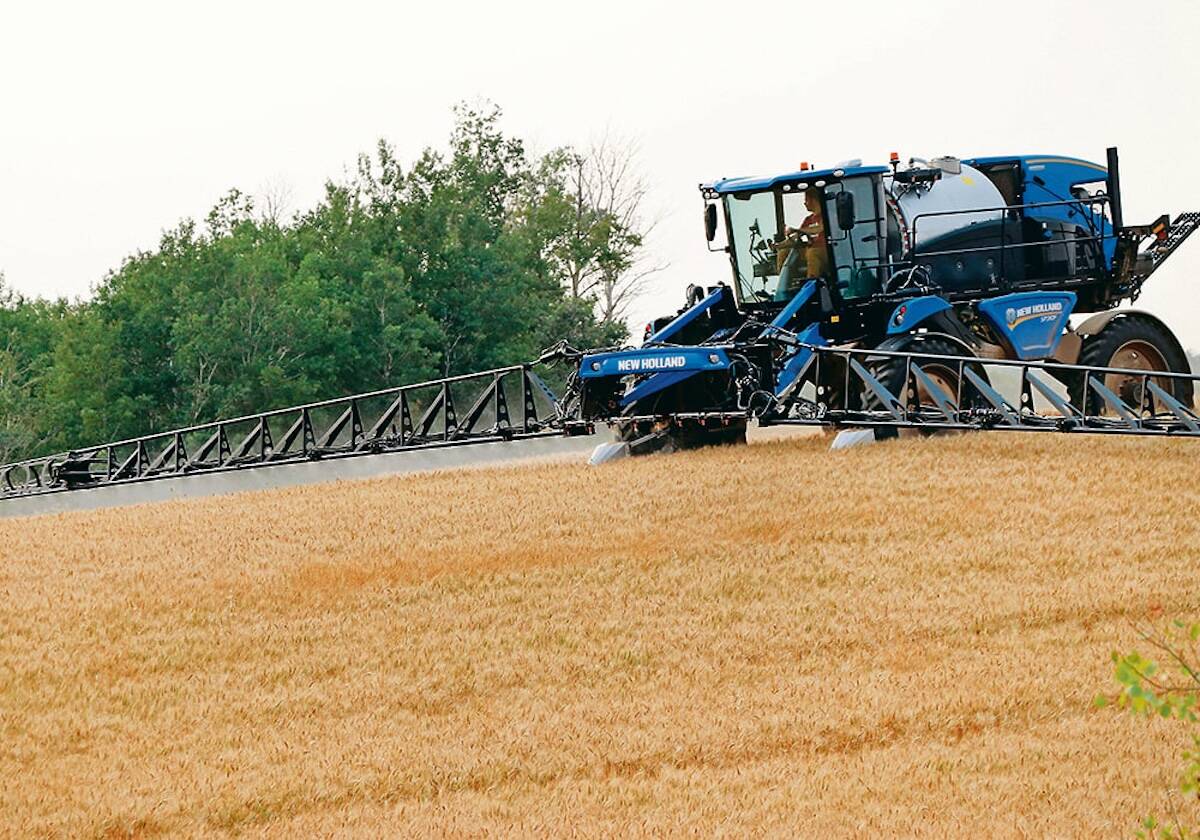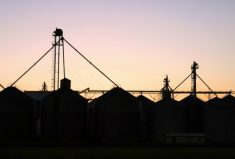Talking to farmers these days about their relationship with consumers is like talking to a jilted lover.
They can’t understand what’s just happened. In their minds, things were going so well. They’ve done what consumers asked, provided cheap and safe food, produced with the most modern technology. Everything was going along swimmingly, farmers thought. True, there wasn’t a lot of conversation lately, and things had seemed a bit, well, distant.
Now farmers find themselves blindsided. Suddenly consumers are saying they’ve been doing some thinking, and ‘we need to talk.’ They want to know why farmers use so many antibiotics in livestock barns and why beef couldn’t be produced without hormone supplements that promote growth. And why can’t chickens run free? They don’t think the pesticides you use are safe.
Read Also

Farming still has digital walls to scale
Canadian farms still face the same obstacles to adopting digital agriculture technology, despite the years industry and policy makers have had to break them down.
In essence, farmers are finding that consumers seem to have gone off to ‘find themselves,’ and returned as a pack of gluten-hating, farmer-doubting, New Agers.
Farmers’ reaction has been predictable — confusion, hurt and anger. Unfortunately however, the collective reaction hasn’t been to try to understand why. It’s been more akin to running to their room and slamming the door to sulk.
Let me make this clear, as I torture this analogy just a bit further, I don’t think either side is to blame for this situation. As they say, ‘it takes two to tango,’ and we’ve all been dancing pretty hard.
Consumers are fickle and two faced. They say they want quality and are increasingly demanding more specific attributes. But they also want the cheapest food possible and in perfect cosmetic condition. They make all sorts of outlandish and ill-informed claims, often cribbed from the Internet. One example is the notion that canola oil is related to mustard gas. Or another, their insistence GMO products must by definition be somehow unsafe.
While it might be comforting to tell yourself it’s all their fault, that they’re the ones who changed, that’s not entirely accurate. Farming has changed dramatically too even as the industry embraces its old image whenever it is politically expedient.
Section farms have been replaced by sprawling operations spanning in some cases tens of thousands of acres. The modest 400-head farrowing-to-finish hog operations of my youth have been replaced with massive and efficient production units that resemble biological factories. Even the cattle business has seen upheaval and change with huge feedlot operations becoming the key final stage in production.
Farmers have been very comfortable with letting large companies be the direct intermediary with consumers. But when those same companies try to set up supply chains that meet perceived consumer trends, it’s met with open hostility from the farm community.
All this has happened while agriculture has talked from both sides of its mouth. On the one hand it’s a business, never to be fettered or put at a competitive disadvantage. On the other hand it’s a special sector deserving of special treatment, such as exemption from labour laws and worker health and safety legislation.
It all boils down to a situation where we’re looking at a relationship in crisis, and if we don’t want to see it break down entirely, we need to take some steps to save it.
Why, you might wonder, should you care about saving it? Because divorce, even the metaphorical kind, is expensive and disruptive. If farmers can’t figure out a way to patch up and even strengthen their relationship with consumers, they’re unlikely to like the fallout. To put it bluntly, a small number of farmers may control the landscape, but a large number of consumers controls the ballot box, and that’s where the rules are set in a democratic society.
As a farmer you can’t either individually or collectively force consumers to appreciate you. One of the buzz-phrases we’ve all become interested in is the need to “educate consumers.” It would be fine if that’s what we were actually talking about, but it has become apparent that what that really means is we need to “re-educate” consumers, with all of the negative Maoist baggage that term brings with it.
In a capitalist society, the market rules and it has zero tolerance for one of the prevailing attitudes in agriculture today — that people gotta eat and therefore they’ll take what we make.
If we’re honest with ourselves, we know that is not true. Consumers can import food, they can impose conditions on food that farmers might not like but will have little choice but to accept, or any number of options.
Rather than settling into adversarial roles, now might be the time to sit down for a heart-to-heart talk. One that involves as much listening as talking.


















